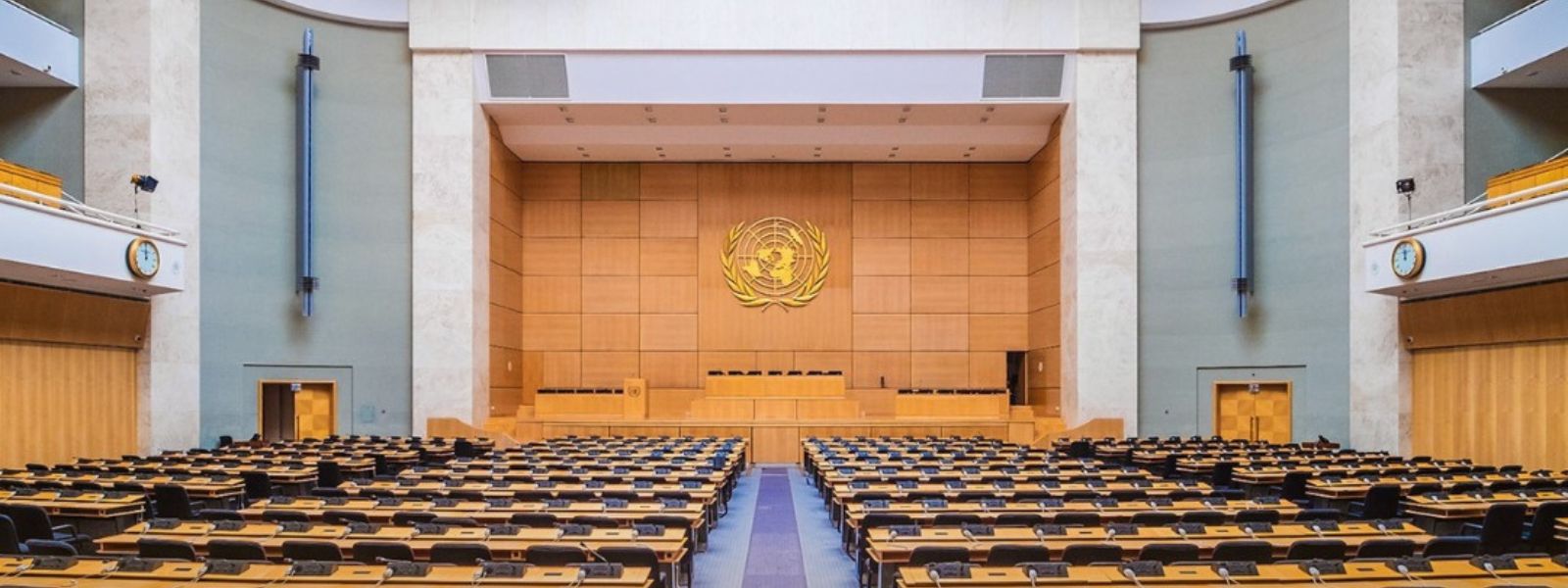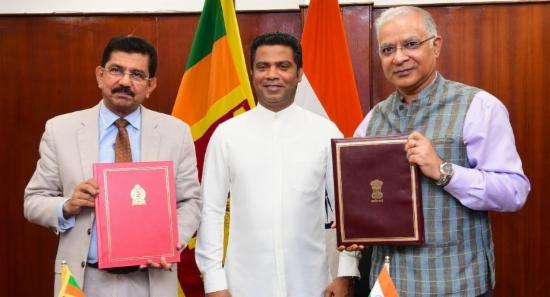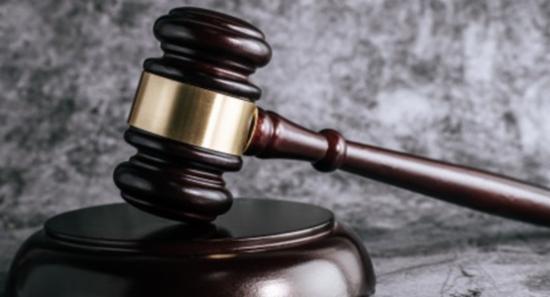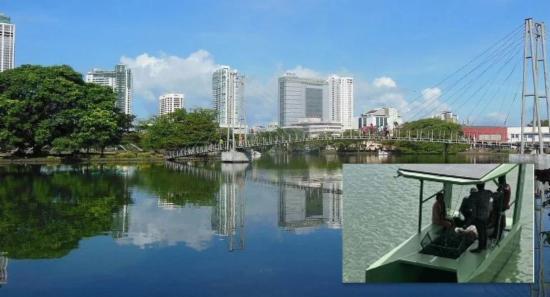.webp)

Sri Lanka Core Group Pushes Resolution At UNHRC
COLOMBO (News 1st); The Sri Lanka Core Group, comprising Canada, Malawi, Montenegro, North Macedonia, and the United Kingdom, has officially tabled a resolution at the 60th Session of the United Nations Human Rights Council (UNHRC), urging Sri Lanka to take concrete steps toward reconciliation, accountability, and the protection of human rights.
The resolution, titled “Promoting Reconciliation, Accountability and Human Rights in Sri Lanka”, builds on previous UNHRC actions and reflects growing international concern over unresolved human rights violations, governance failures, and the need for inclusive democratic reform in the country.
The resolution acknowledges the successful conduct of presidential, parliamentary, and local elections in 2024 and 2025, while urging further devolution of political authority in line with the 13th Amendment to Sri Lanka’s Constitution.
It welcomes efforts to address the economic crisis but stresses the need to tackle root causes such as corruption, militarization, impunity, and lack of accountability.
The resolution calls for a comprehensive accountability process for violations committed by all parties, including the Liberation Tigers of Tamil Eelam (LTTE), and urges investigations into emblematic cases and the Easter Sunday bombings.
It takes note of the Government’s commitment to repeal the Prevention of Terrorism Act and the appointment of a committee to examine its repeal, while expressing concern that detentions under that law continue, urges the Government to apply a moratorium on the use of the law, to expedite its repeal, and to ensure that any legislation on combating terrorism complies fully with the State’s obligations arising from international law.
It also welcomes the Government’s commitment to amend the Online Safety Act and the appointment of a committee to formulate amendments to the law, while acknowledging concerns about the Act’s absence of judicial oversight and broad definition of offences and enforcement powers, and encourages the Government to expedite its amendment to ensure the Act fully complies with the State’s international obligations to protect the right to freedom of opinion and expression.
The resolution highlights unresolved cases of enforced disappearances, the existence of mass graves, and the need for international support to strengthen the Office on Missing Persons.
It calls for an end to harassment and reprisals against journalists, human rights defenders, and victims’ families, especially women.
The resolution urges the release of lands still occupied by the military and calls for transparent resolution of land disputes involving religious and archaeological claims.
The resolution seeks to extend the mandate of the Office of the High Commissioner for Human Rights to continue monitoring and reporting on Sri Lanka’s progress. It requests oral and written updates at future UNHRC sessions, culminating in a comprehensive report at the Council’s 66th session.
Other Articles
Featured News





.png )























.webp)






